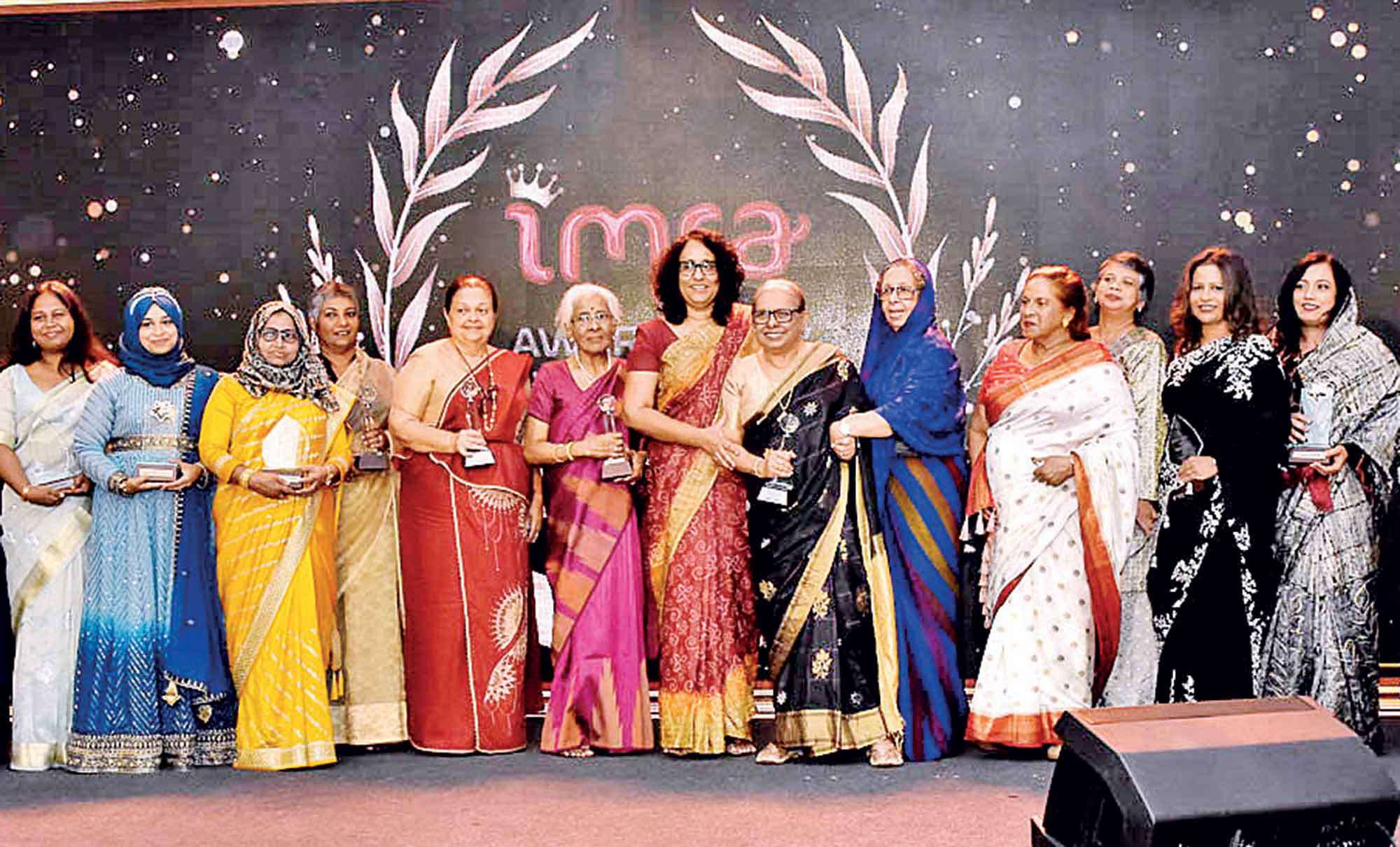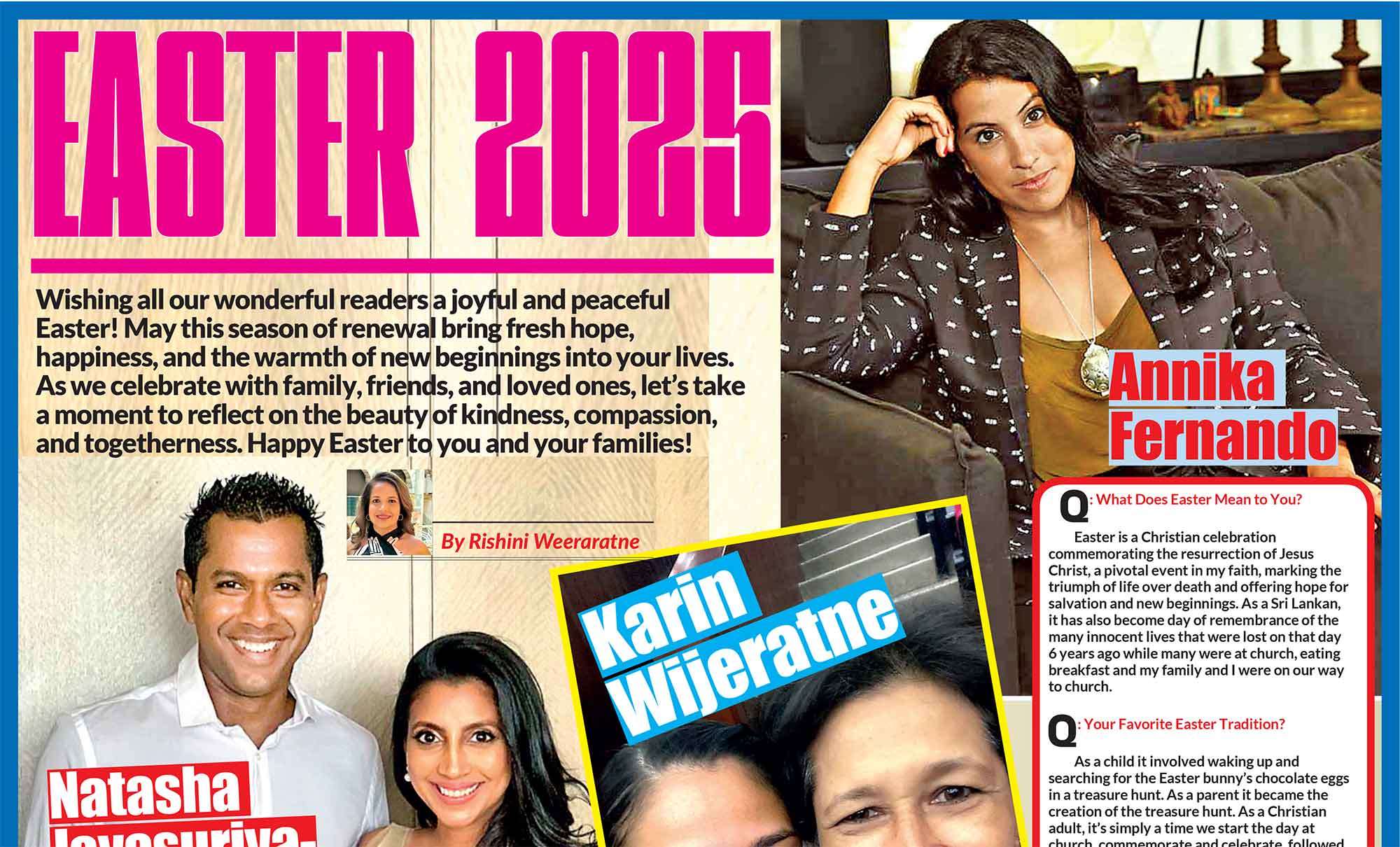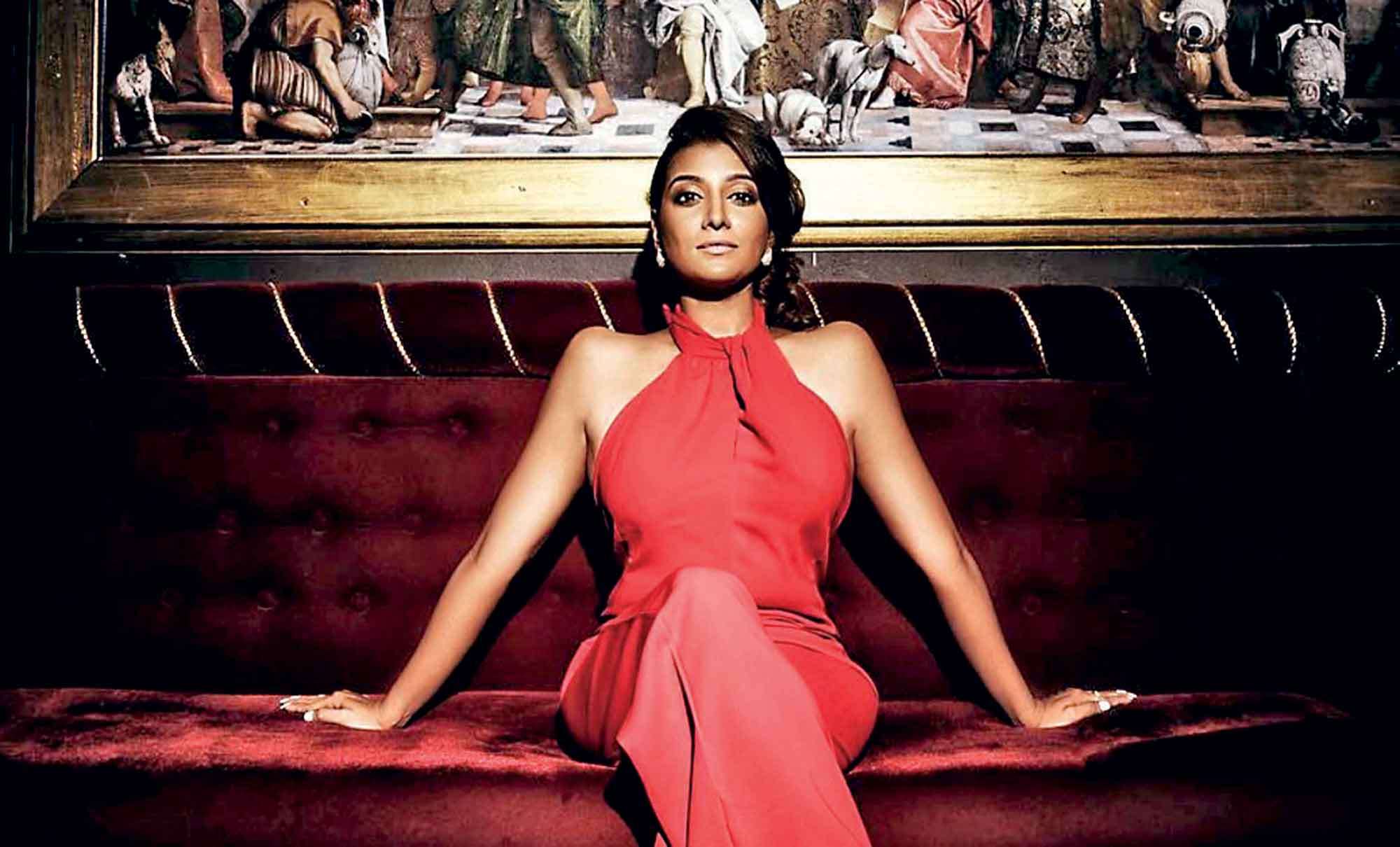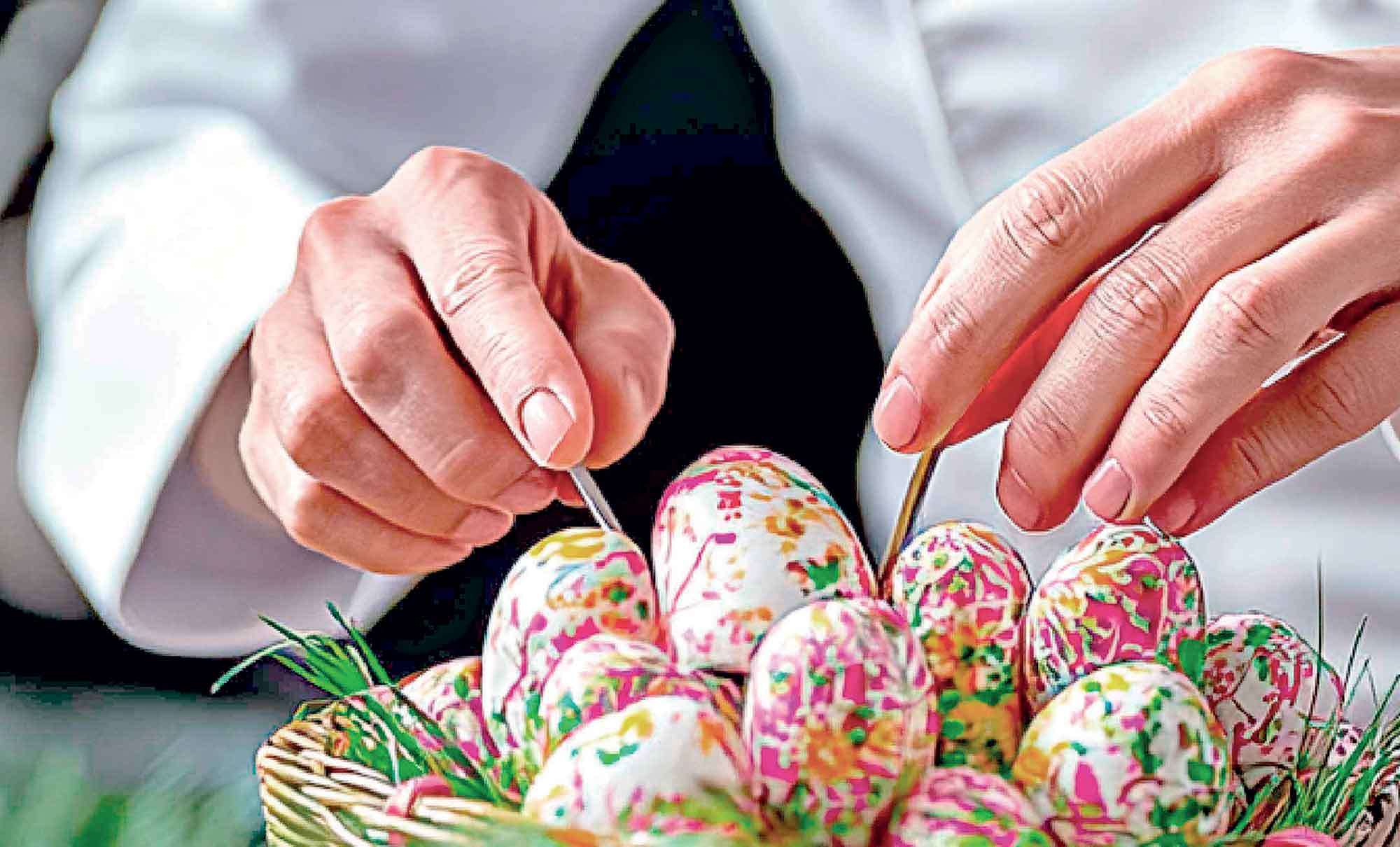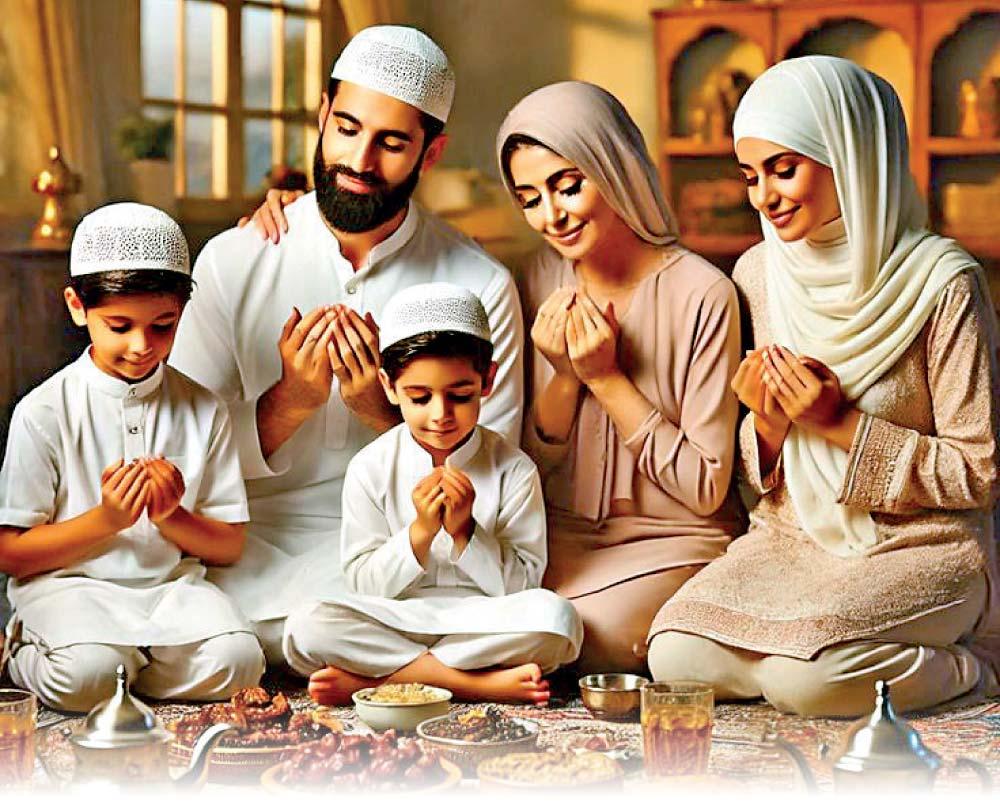
Ramadan is a special and holy month for Muslims around the world. It is the ninth month of the Islamic calendar and is believed to be the month when the Quran, the holy book of Islam, was first revealed to the Prophet Muhammad (PBUH). During this month, Muslims fast from sunrise to sunset, pray more often, and try to become better people. It is a time for self-control, kindness, and getting closer to God (Allah).
 The last day of Ramadan is both a happy and emotional time. Muslims feel proud for completing a month of fasting and prayer, but they also feel sad that this special month is ending.
The last day of Ramadan is both a happy and emotional time. Muslims feel proud for completing a month of fasting and prayer, but they also feel sad that this special month is ending.
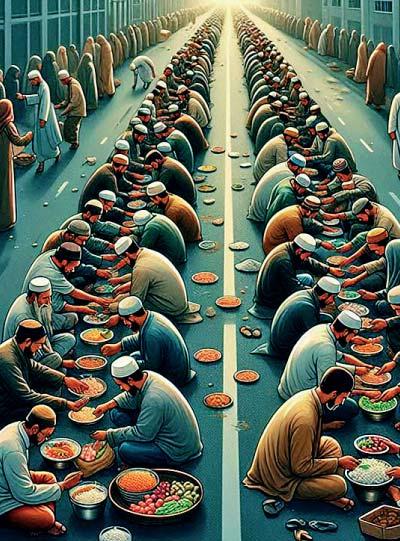 Fasting during Ramadan is one of the Five Pillars of Islam. These are the main duties that every Muslim must follow. Muslims fast to show their obedience to Allah, to learn patience, and to feel how poor people who do not have enough food live.
Fasting during Ramadan is one of the Five Pillars of Islam. These are the main duties that every Muslim must follow. Muslims fast to show their obedience to Allah, to learn patience, and to feel how poor people who do not have enough food live.
From dawn until sunset, Muslims do not eat or drink anything, not even water. This fasting is called sawm. It is a way to clean the heart and mind, and it helps Muslims focus on prayer, kindness, and helping others. Muslims believe that fasting makes them stronger and brings them closer to Allah.
Each day during Ramadan starts with suhoor, a meal eaten before dawn. Muslims wake up early to eat and drink enough to last throughout the day. After suhoor, they pray the Fajr prayer (the first prayer of the day) before starting their fast.
Throughout the day, Muslims continue their usual activities like working or studying but avoid bad habits such as lying, arguing, or gossiping. They also spend more time reading the Quran, praying, and helping those in need.
At sunset, Muslims break their fast with a meal called iftar. They usually begin by eating dates and drinking water, following the example of the Prophet Muhammad (PBUH). After breaking their fast, they pray the Maghrib prayer and then enjoy a bigger meal with family and friends.
At night, many Muslims go to the mosque to perform a special prayer called Taraweeh. This prayer is only done during Ramadan and involves reading long sections of the Quran.
During Ramadan, Muslims follow certain rules to keep their fast valid and their hearts pure. From sunrise to sunset, they avoid:
If someone is sick, pregnant, elderly, or traveling, they are allowed to skip fasting. However, they must make up the missed fasts later or provide food to those in need as compensation.
The last day of Ramadan is both a happy and emotional time. Muslims feel proud for completing a month of fasting and prayer, but they also feel sad that this special month is ending.
Many Muslims increase their worship during the final ten days of Ramadan, as it is believed that one of these nights, called Laylat al-Qadr (The Night of Power), is the holiest night of the year. On this night, prayers and good deeds are believed to be worth more than a thousand months of worship.
On the final day, Muslims prepare for the celebration of Eid al-Fitr, which means, ‘Festival of Breaking the Fast.’ Before Eid prayers, Muslims give a special charity called Zakat al-Fitr to help those in need. This ensures that everyone, rich or poor, can join in the celebration.
Eid al-Fitr is a joyful holiday that marks the end of Ramadan. The celebration begins with a special prayer at the mosque or in large open areas. Muslims dress in their best clothes, often buying new outfits for the occasion. After the prayer, people greet each other by saying, ‘Eid Mubarak,’ which means ‘Blessed Eid.’
Families gather to share large meals, and children often receive gifts or money called Eidi. It is also a time to visit relatives, friends, and neighbors. Many Muslims spend the day sharing kindness and joy, making sure no one is left out of the celebration.
Eid al-Fitr is a reminder to continue practicing the good habits developed during Ramadan, kindness, patience, and helping others. Ramadan is more than just fasting. It is a time for Muslims to become better people, strengthen their faith, and care for others. By giving up food and drink during the day, they learn to appreciate their blessings and feel compassion for those who are less fortunate.





